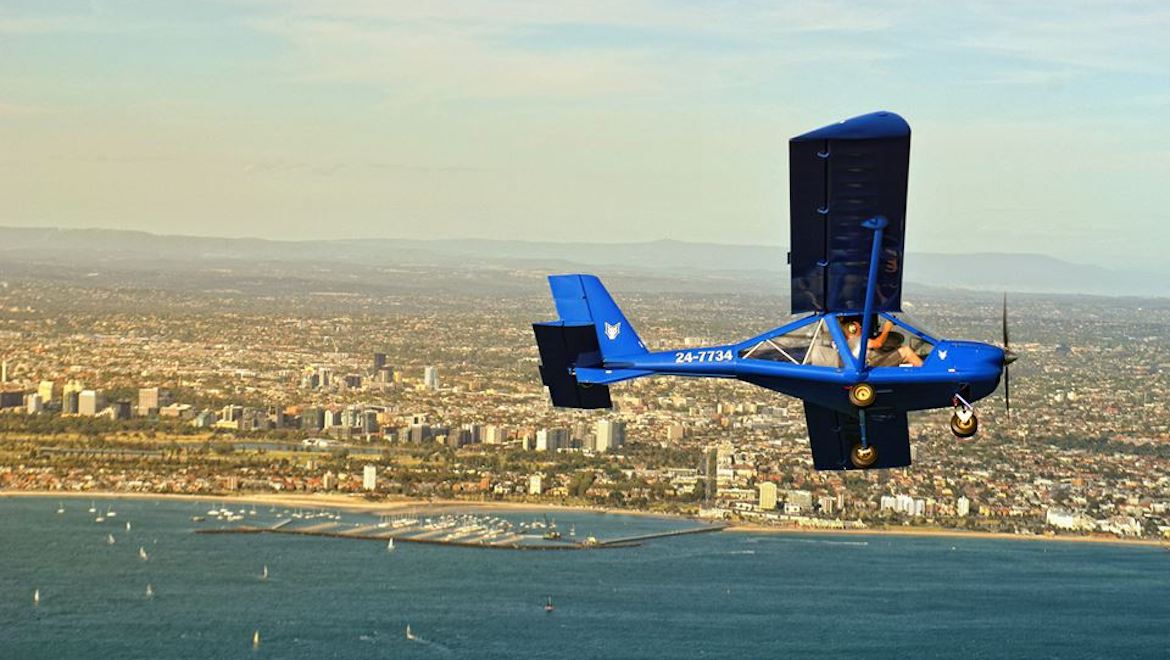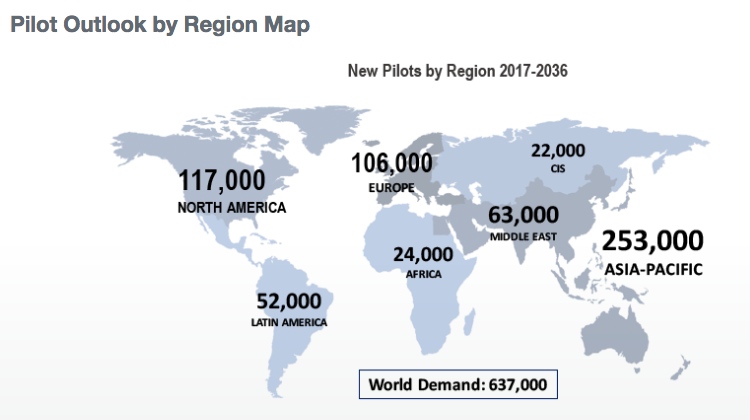
Flight training school Soar Aviation has sold a 50 per cent stake in the company to private equity firm The Growth Fund.
Soar Aviation founder and chief executive Neel Khokhani said the investment from The Growth Fund would support the company’s expansion plans both locally and overseas.
“Globally, the aviation industry is approaching a crunch point – growth in passenger services is fast outstripping the number of pilots who can fly the planes,” Khokhani said in a statement on Thursday.
“Australia trains the fourth-largest number of commercial pilots in the world and our flight training is highly regarded internationally. There is a clear opportunity for Australian schools to capture some of that demand and I see Soar playing a big part in that.
“In TGF, we’re delighted to have attracted a partner that sees this growth opportunity and shares our vision for realising it.”
Founded in 2012 as Bendigo Aviation Services, the company was renamed Soar Aviation in 2013 and offers Diploma in Aviation courses and other flying courses in partnership with the Box Hill Institute. It has campuses at Moorabbin Airport in Melbourne, Bendigo Airport in regional Victoria and Sydney’s Bankstown Airport.
Its fleet of 45 aircraft comprised Bristell LSA, Technam P2006T, Foxbat A22LS, Vixxen A32 and Aquila A210 aircraft, according to the company’s website, as well as a CKAS 7D0F simulator.
VIDEO: A look at Soar Aviation from the company’s Facebook page.
Boeing forecasts show strong demand for pilots and aviation technicians
The Boeing 2017-2036 Pilot and Technician Outlook, published in July 2017, showed there is a need for 637,000 new commercial airline pilots, 648,000 airline maintenance technicians and 839,000 new cabin crew members around the world over the next two decades.
The Asia Pacific would comprise the largest source of demand with 40 per cent of new pilots, 39 per cent of technicians and 37 per cent of cabin crew to be recruited in the region between now and 2036.

The Growth Company, which is based in Australia, invests in businesses headquartered in Australia or New Zealand with an Enterprise Value of up to $200 million, according to its website.
Its current investments included car sharing service Goget, Black Mount Natural Springwater and medical devices distributor Obex. Meanwhile, previous investments included helicopter operator Australian Helicopters, which has since rebranded as part of the Babcock Group, as well as container equipment company SCF Containers and motorcycle retailer and distributor Team Moto.
The local investment in flight training comes as Qantas prepares to announce the location of its proposed pilot training academy some time between now and September.
The airline group, which is investing $20 million on the project, has shortlisted nine regional centres in the running to host the school, which is due to open its doors in 2019.
The Qantas academy would initially train about 100 pilots a year. However, looking further ahead, the company has previously indicated this could grow to 500 pilots a year on a fee for service basis depending on demand from other parts of the industry.
The March 2018 edition of Australian Aviation included a feature article on pilot training in this country. You can read that story here.















